Ukrainians in UK forced to choose between homelessness and returning to war
Ukrainians living in the UK to escape Vladimir Putin’s war face a postcode lottery of support
Your support helps us to tell the story
From reproductive rights to climate change to Big Tech, The Independent is on the ground when the story is developing. Whether it's investigating the financials of Elon Musk's pro-Trump PAC or producing our latest documentary, 'The A Word', which shines a light on the American women fighting for reproductive rights, we know how important it is to parse out the facts from the messaging.
At such a critical moment in US history, we need reporters on the ground. Your donation allows us to keep sending journalists to speak to both sides of the story.
The Independent is trusted by Americans across the entire political spectrum. And unlike many other quality news outlets, we choose not to lock Americans out of our reporting and analysis with paywalls. We believe quality journalism should be available to everyone, paid for by those who can afford it.
Your support makes all the difference.Ukrainians in the UK are being forced to choose between homelessness and returning to their war-torn homeland as their sponsorship arrangements end, charities have warned.
Councils have a legal obligation to house Ukrainians if they do not have anywhere to live, but some local authorities have told refugees they cannot house them when their six-month Homes for Ukraine placement ends.
In one example, Ealing Council told a 23-year-old woman it was unlikely to be able to help her because she did not have “severe health needs”, while others have been told they will only get help when they are 48 hours away from having nowhere to live.
Home Office figures show that 2,985 Ukrainian households presented themselves as homeless to councils between the end of February and November last year. Some 69 per cent of those included dependent children, and the majority, 1,920, had come to the UK under the Homes for Ukraine scheme.
Have you been affected by this story? If so email holly.bancroft@independent.co.uk
There was a 37 per cent rise in Ukrainians presenting as homeless from October to November, as more sponsorship arrangements ended, with 670 households moved to temporary accommodation by councils.
Anna Jones, CEO of charity RefuAid, said: “We are facing a varied level of support from councils. Sometimes councils have said that until it is 48 hours before a person is made homeless, they can’t help or they can’t receive a referral.
“This is causing added stress to people who have already fled war. It is also a huge amount of pressure on hosts. Often, both the host and the guest have done the right thing of giving the councils three months’ notice of the arrangement coming to an end, but they come back and say they can’t help until the last minute.
“There is a very real decision for some of our families: is it better to be homeless in the UK, where you know nobody, or go back to Ukraine? These are all people who want to rebuild their lives in safety, and for whom six months is never going to be long enough to do so. We are pushing people off a cliff-edge.”
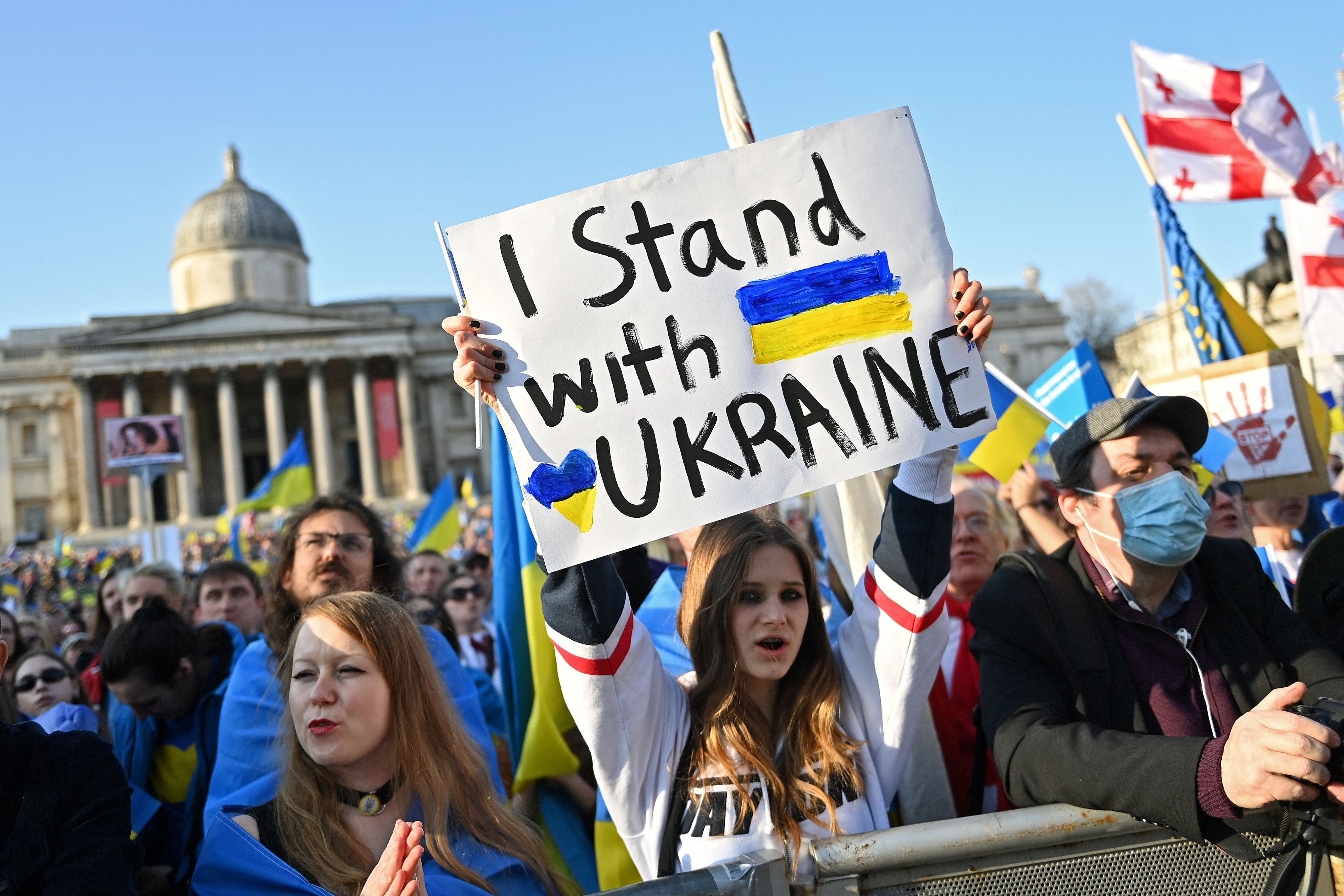
It comes as Vladimir Putin continues his assault on Ukraine at the start of the new year, with fresh waves of missile strikes and no sign of an end to the war.
Despite this, according to a recent Office for National Statistics (ONS) survey of 1,530 previous sponsors involved in the Homes for Ukraine scheme, 11 per cent of hosts said their Ukrainian guests had returned to Ukraine.
Councils receive £10,500 of non-ringfenced money per Ukrainian refugee, and hosts get a thank-you payment of £350 a month.
The government has recently increased the monthly thank-you payment to £500 for hosts supporting guests who have been in the country for more than a year. It has also handed out an additional £150m to councils to help support Ukrainians.
In the Ealing case, a council worker messaged the Ukrainian woman, who was facing the end of her sponsorship arrangement in January, saying that she could present herself as homeless and she would then have her eligibility for housing assessed.
If she was found to be “in priority need”, the council would provide temporary accommodation, but “if the offer is declined, the council will discharge their duties”, the message read.
It continued: “Be extremely mindful that very few people meet those criteria, and for transparency, single women without severe health needs will be extremely unlikely to be found in need ... Expecting the council to house you may be a risky approach.”
After being contacted by The Independent about this woman’s case, Ealing Council told the woman that it had provisionally found a new host family for her.
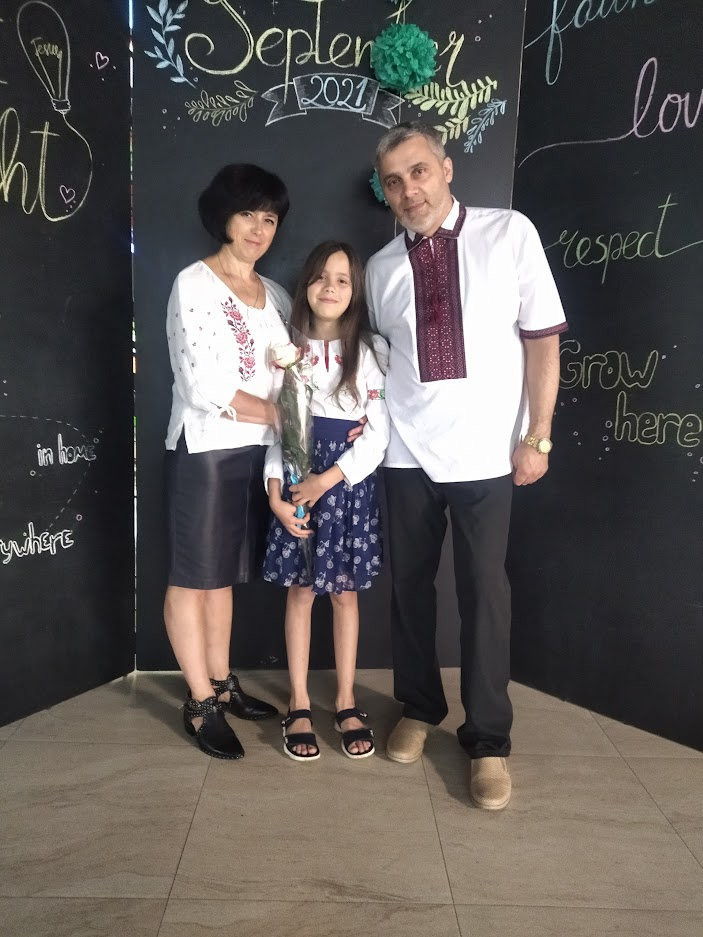
A spokesperson for the council said that there was currently an acute shortage of temporary accommodation in the borough, and a lack of new Homes for Ukraine hosts.
They said: “The council is doing all it can to support Ukrainians in need of accommodation when their sponsorship arrangements come to an end,” adding that, while the council doesn’t ever guarantee rent, it is “able to support people to negotiate with landlords”.
In Birmingham, the council declined to help when a Ukrainian woman’s sponsorship arrangement fell through before she got to the UK. When RefuAid asked for help, the council replied: “We do not have the capacity to offer a host, therefore we encourage any guest with visas not issued to find a sponsor themselves.”
A spokesperson for the council told The Independent that it maintained “a list of potential sponsors that may be used to respond to sponsorship breakdowns”. They added that hosts had been given an increased monthly top-up payment of between £150-250.
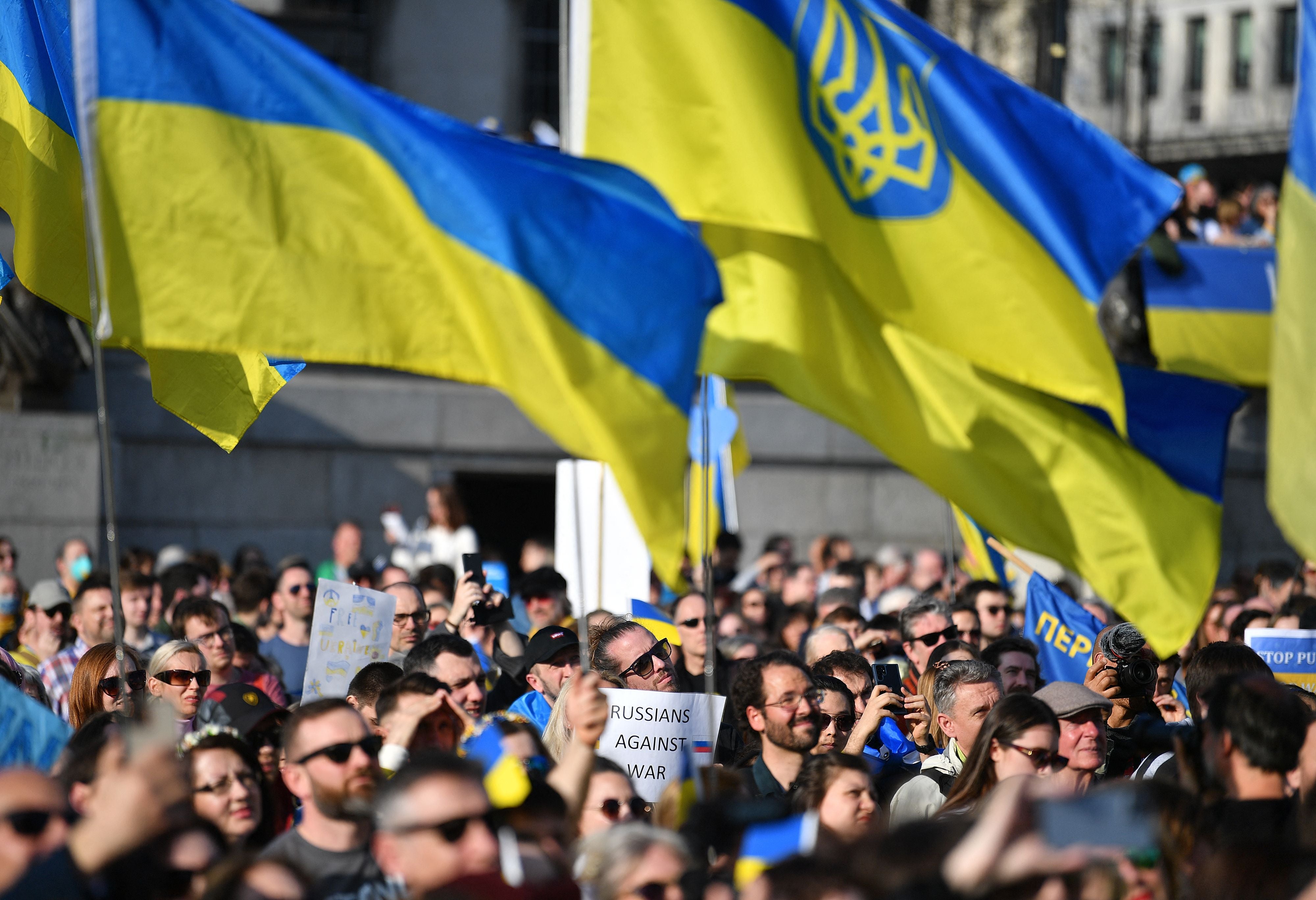
Vlasta Tarasova, also from RefuAid, warned that “many people will struggle” over the next few months as more sponsorships end. “From what I’ve seen, not many sponsors are able to host people longer than six months. I have more than 40 clients, and I have only one sponsor who said they can stay as long as they need,” she said.
“I would say more than half of our clients are considering going back to Ukraine,” she added.
In another case, Ukrainian refugee Serhii Zhelieznov told The Independent that while he and his wife and daughter had found a hotel in Scotland, he was struggling to find a home for his elderly mother.
“I contacted Aberdeen council, volunteers, Facebook groups and I have had no luck,” he said. “I am scared that Russia will again try to attack Kyiv and capture it. My mother lives in an area which will be the first to suffer if the Russians launch an attack from the north.”
Lauren Scott, executive director of charity Refugees at Home, which has been helping to find hosts for Ukrainian families, said it was “inevitable” that different councils would have different approaches without any clear guidance or overall strategy from the government.
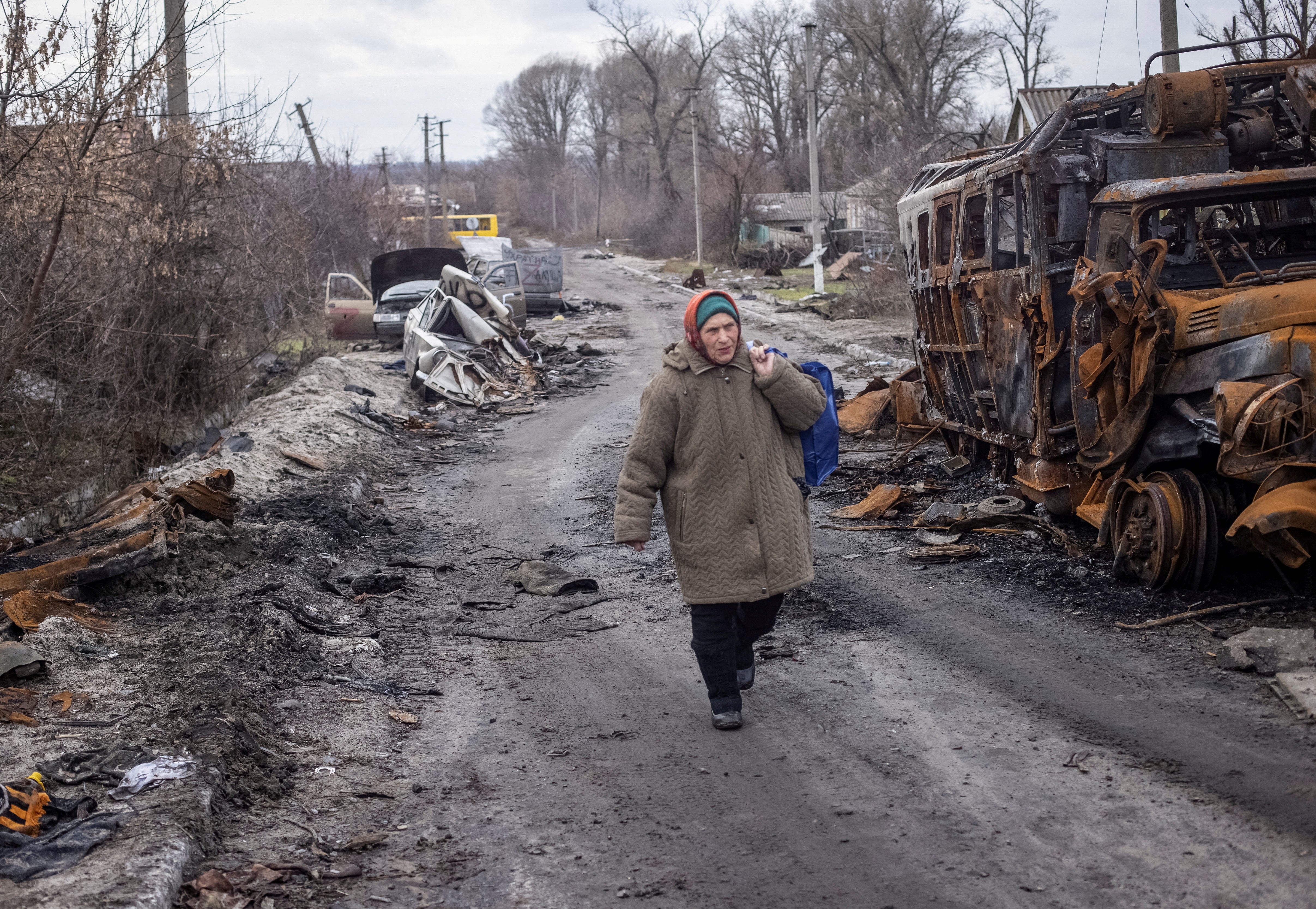
“Many councils are doing a great job, particularly given the tough financial decisions they face,” she said. “But the picture is very mixed. If a placement that involves children breaks down, then local authorities have a statutory duty to provide accommodation under their homelessness provisions, and that does not always happen.
“We know of many Ukrainian guests who are longing to move into private accommodation and start to build their own lives here, but few have enough savings or the paperwork to pass referencing requirements.”
She added that councils could help by stepping in as guarantors of rent, or by helping with a deposit.
Some 81 per cent of hosts who had tried to help their guests into private rented accommodation had faced difficulties doing so, according to an ONS survey of 1,270 people.
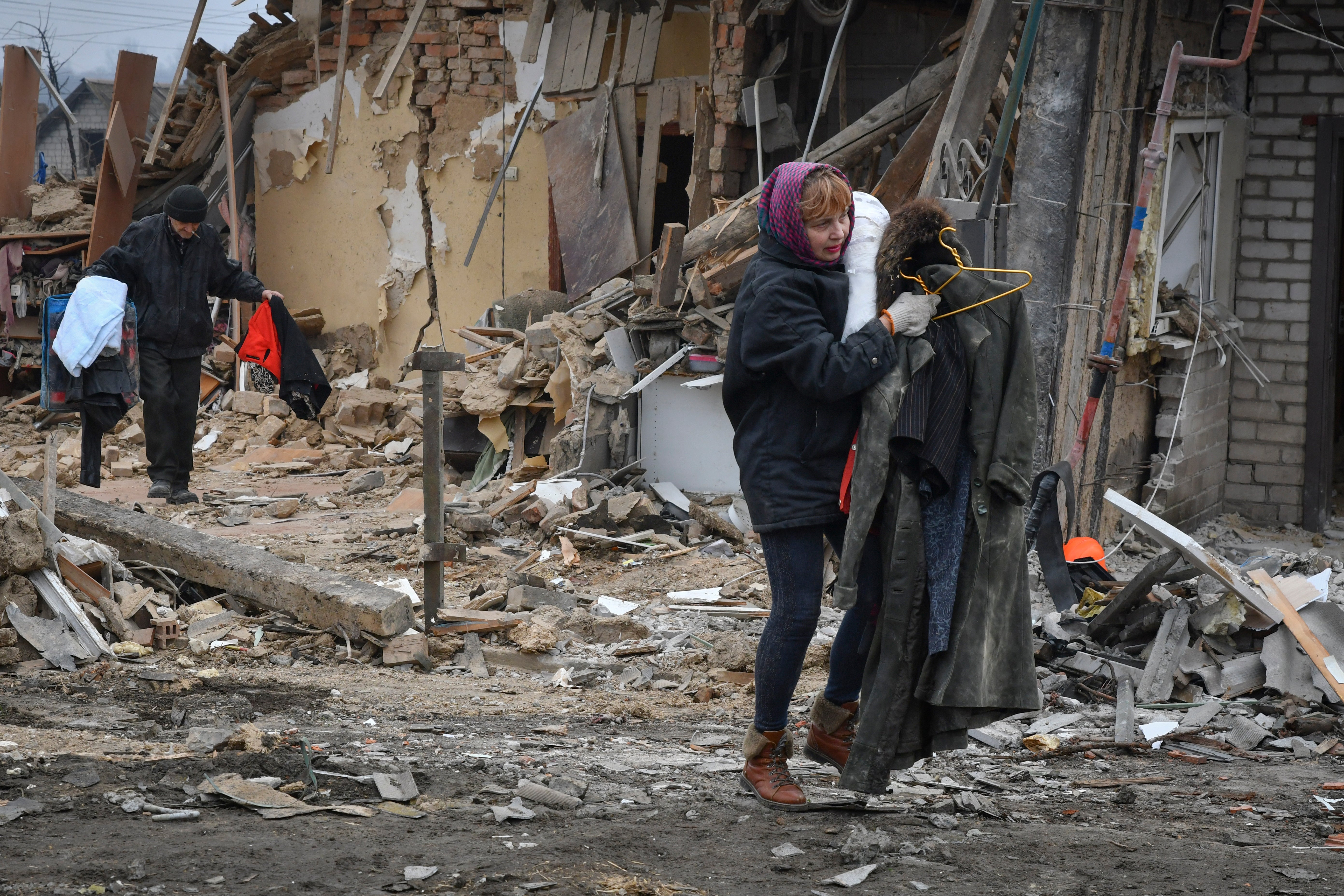
In Bristol, the council is offering people incentives to rent homes to Ukrainian refugees. Landlords get a £1,000 thank-you payment when the tenancy starts, the first month’s rent paid in advance, and a deposit of one month’s rent.
Up to £2,000 is offered for the tenant to spend on furniture and items to help make the house a home.
Tami Frankel, a former Homes for Ukraine host who now supports refugees in Essex, said that the support available is different depending on where people are located.
“It varies completely across the country,” she said. “All authorities with responsibility for housing and homelessness can provide money for deposits. You have to accept that they can’t magic up council houses, so what they’ve got to try and do is put people into rented accommodation.
“Local authorities do have the ability to help with that, just most of them are choosing not to.”
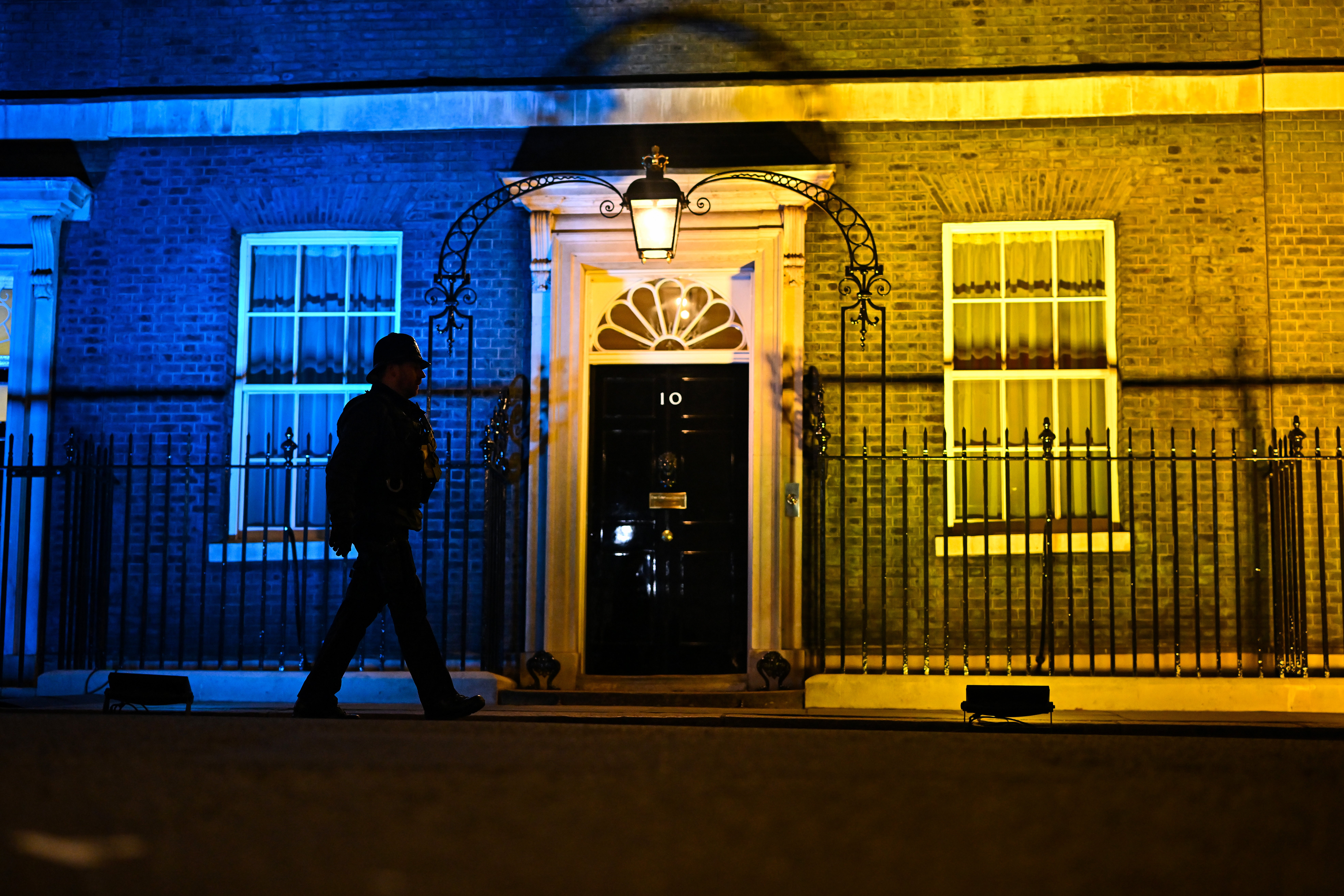
Reverend Nick Ralph, who supports refugees in Hampshire with Citizens UK’s Communities for Ukraine project, said: “Finding hosts is getting harder. At the beginning, a lot of people were willing to help. We desperately need people to host.”
Councillor James Jamieson, Chair of the Local Government Association, which represents councils across England and Wales, said: “Councils are working incredibly hard with local partners to deliver the schemes in line with local circumstances and the needs of guests and hosts, take their statutory duties extremely seriously, and will always step in in an emergency.”
He added: “We are deeply concerned at the growing number of Ukrainians presenting as homeless, and in particular the significant rise in the number of those who arrived through the Homes for Ukraine scheme.”
A spokesperson for the Department of Levelling Up said: “The vast majority of sponsors want to provide support beyond six months.
“We are working closely with councils to ensure all arrivals have a safe place to live and, in the minority of cases where family or sponsor relationships break down, councils have a duty to ensure families are not left without a roof over their head.”




Join our commenting forum
Join thought-provoking conversations, follow other Independent readers and see their replies
Comments